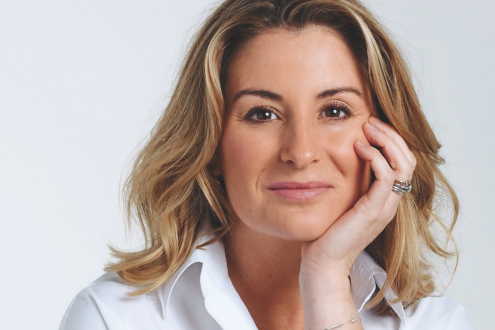Can’t make a decision?
Oliver Burkeman has some tips for avoiding decision fatigue at work

The project
‘Looked at one way, modern office work consists of nothing but decisions, from big dilemmas (Should you take that job? Should your firm invest millions in a new HQ?) to tiny choices through the day. Yet few of us learn the art of decision-making. Is it best to go with your gut, or make lists of pros and cons?
The aim
Making decisions takes time. It’s stressful. And it leads to ‘decision fatigue’: it uses up energy, so subsequent choices you take later in the day may be worse. The trick is to invest the right amount of thought – not too little, not too much – in any given problem. It’s easy to get mired in ‘analysis paralysis’, hoping for the perfect answer, when a rough-and-ready one would suffice.
The theory
Many of us are ‘maximisers’ who try to make the best decision every time. But it’s often better to be a ‘satisficer’. First, figure out what would be a good-enough outcome; then, pick the first option that ticks those boxes. Imagine booking a venue for an event: you need a room of a certain capacity, with certain facilities, for a certain price. The maximiser spends days hunting for the ‘perfect’ place; the satisficer chooses the first one that fulfils those requirements. Don’t assume big decisions always require careful consideration, either. Some studies indicate the opposite. Huge decisions – like ‘should I move overseas for work?’ – are so complex that you’re better advised to trust your gut.
Try it out
- Use the coin-toss method. That doesn’t mean consigning decisions to luck. When facing a big dilemma, assign heads or tails, toss a coin… but don’t look. Ask yourself which outcome you’re secretly hoping for. There’s your answer.
- Ask someone. We like to think we’re unique, but in many contexts, we aren’t. You’ll often make a good decision by asking someone who’s faced something similar, and doing what they did.
- Use the time-travel technique. Imagine you’re in the future. Will this decision matter a year from now? If not, it’s only worth a modest amount of effort. If it won’t matter in a month or a week, make any choice – it’s not worth the worry.
OLIVER BURKEMAN is the author of The Antidote: Happiness for People Who Can’t Stand Positive Thinking (Canongate, £8.99)
More inspiration:
Read I forgot the brownies by Mandy Lehto on LifeLabs









